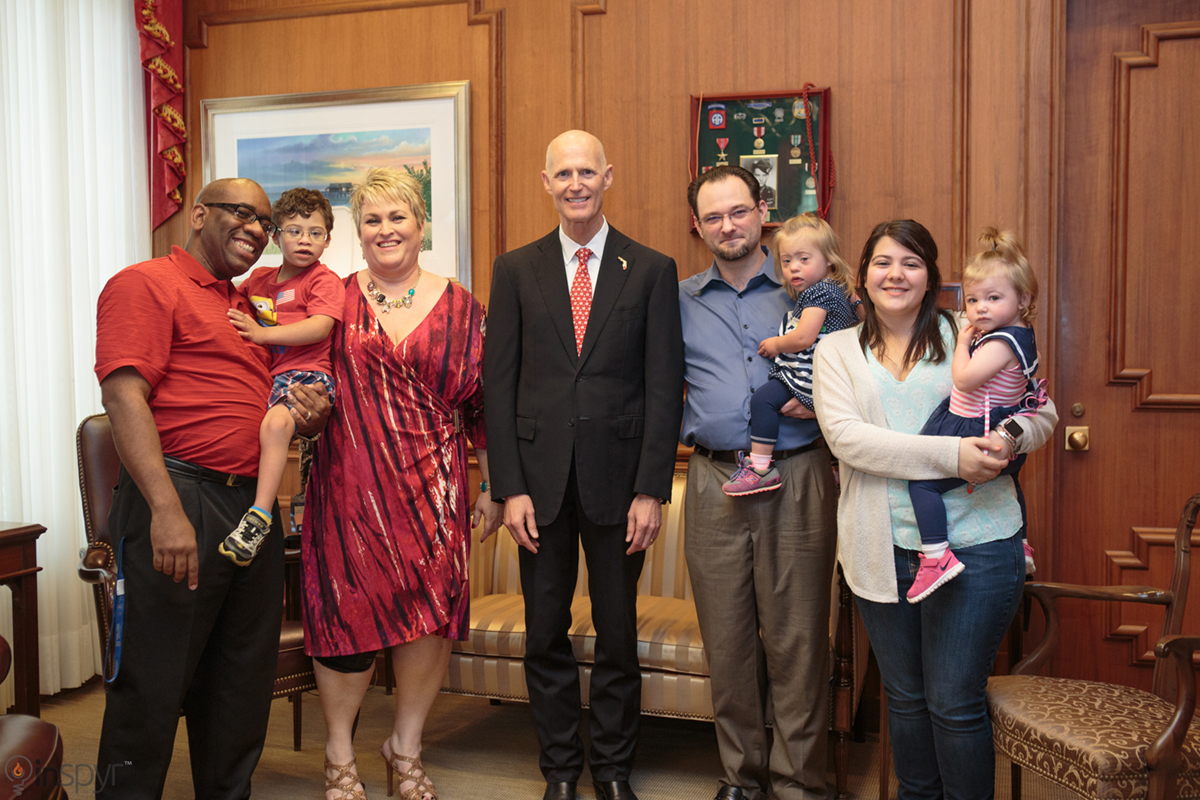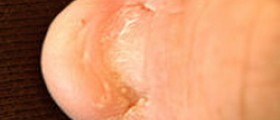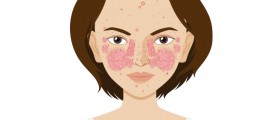
Introduction to Job syndrome
This is a condition that affects several body systems at the same time, but usually focuses on the immune system. One of the main symptoms of this condition is constantly recurring infections.
People who have Job syndrome will usually have pneumonia regularly, caused by bacteria that infect the lungs and cause inflammation.
Skin infections and inflammatory skin disorders such as eczema are also common symptoms of the syndrome.
The syndrome is also known to cause rashes, blisters, abscesses and open sores.
It can also affect the bones and the teeth, and many people with the syndrome will also have skeletal abnormalities and hyperextensibility, which is a larger range of joint movement than most people have.
They can also suffer from scoliosis and a reduced bone density, which makes fractures of the bones much easier and more common generally.
Sometimes there are dental abnormalities experienced as well, for example, people with Job syndrome often keep their baby teeth even when their adult teeth have grown in.
Is it common?
No, the condition is actually very rare, and fewer than one in a million people have it.
There have only been about 250 cases reported overall.
This is a genetic condition and it is related to a certain gene, the STAT3 gene.
This gene is vital in the process of making protein, which is involved in many cellular functions.
When there are mutations in his gene, the structure and function of the gene is changed and this strips away the genes ability to control the activity of other genes.
It is inherited through an autosomal dominant patter, which means that a copy of the changed gene in every cell is enough to cause it.
In about 50 percent of the reported cases of Job syndrome, the person inherits the mutation from an affected parent, and in the other cases, it occurs because the gene has mutated.
This usually occurs to people who have a history of the disorder in the family.
There is also an action of autosomal recessive form in the syndrome, which means that that both copes of the gene in every cell have mutations.
Usually the parents of the child will each by carrying one copy of the mutated gene, but they do not show symptoms of the condition.
This form is less common than the dominant form and there are different patterns and symptoms involved with such a case.
When this type of Job syndrome occurs, there are less bacterial lung infections, but the viral infections are often more severe and there are serious complications experienced, especially with the nervous system.
However, in this type, there will usually be no skeletal or dental abnormalities.

















Your thoughts on this
Loading...